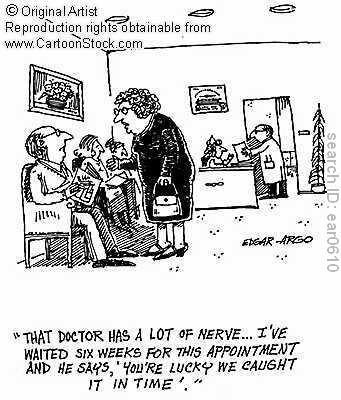I used to argue that all research was good research, that information is simply good to have no matter what it is. But at this point, I have to revisit that position and question it.
If your research concludes with….
Listen, I won’t argue that you’re more than qualified, you get paid very well and I respect what it is you do and what you’re trying to do… I understand you have the best of intentions, but here’s the thing:
If your research involves the phrase “may increase the risk of Autism” or anything similar… I ask that you please just don’t even tell anyone. Keep it to yourself.
In fact, if you know, going in, that your findings won’t result in 100% of all cases… don’t even bother doing the research. You know full well that a study on how close parents are to a highway when they have a child will not result in 100% of all close proximity cases having Autism so just don’t even bother doing it.
What the results mean to us
 In the beginning, these studies were very intriguing and really got people thinking. People wanted answers, we were starting to get answers. But what are the answers, really?
In the beginning, these studies were very intriguing and really got people thinking. People wanted answers, we were starting to get answers. But what are the answers, really?
“May increase the risk” simply means that instead of 0.1% to 99.9%… now it’s 0.2% to 99.9%.
As far as we know, there’s always a risk of your child having Autism. So it’s not 0%. And we don’t know what causes it so we can’t do anything in particular to ensure it happens (not that anyone would want to).
So ultimately, all you’re really telling us is that doing something to increase the risk actually has very little bearing on whether or not our child with have Autism at all. Because for every study that says the risks go up, I can show you dozens… hundreds of parents that contradict that study and yet their child still has Autism. Or even better, parents that fit the study to a T and yet their child does not have Autism.
Will we ever move on beyond the Refrigerator Mom theory?
Granted, no one thinks Autism is caused by an uncaring mother anymore but it would seem that we certainly haven’t moved on from blaming the mother.
Recent articles include taking antidepressants, not taking prenatal vitamins, environment they live in (twin study) and older studies along the same lines include jaundice, c-section and other birth stresses, living near a freeway… and the list goes on and on and on…. and on.
If you read those articles and others, another catch phrase they use often is “new insight into autism” and yet.. a month later, a new study is released with that same catch phrase and the old one is all but forgotten.
What all of these catch phrases and conclusions really tell us is “it’s the parents fault, they did something that caused it, let’s find out what it MIGHT HAVE BEEN”.
What we’d like to hear
First of all, no one is opposed to finding out that some environmental factor or other possibility is the reason for our children having Autism. We just don’t want to know what it MIGHT BE. We just don’t want to hear about an increased risk anymore unless you are absolutely certain.
Tell us what caused an increase in 100% of the children. Heck, we’d even be ok with 75% or more… because then we’d know what to avoid for sure.
But “an increased risk” really only tells us that you blame us, will keep finding ways to blame us even though you’re not entirely sure why or how.
It’s now out of hand
These studies were intriguing at first, but now they’re just out of hand. It seems we get a new study per month that says they found something that increases the risk of Autism.
But new parents don’t read the ones before right now. They only read these stories as they become pertinent to their world… which is right now, when they’re about to become parents for the first time.
If they had the back story, if they had read the dozens of studies leading up to the one that will be released next month, perhaps they’d know just how out of hand it has all become. But they won’t read those previous stories… they’ll read the next one and believe it. And they’ll be scared.
They’ll take their prenatal vitamins, they’ll sell their house and move away from the freeway, they’ll avoid vaccines, they’ll risk their baby’s life avoiding a c-section and they’ll do it all out of complete and total fear from what they read in a recent study and for what?
The sad thing is, they could do all that and still end up with a child that has Autism. And then what? Do they wonder what they did wrong? Do they blame themselves since that’s what the studies have taught them to do? Or do they accept that despite all the risks they avoided… it was just meant to be.
Your studies mean very little to me any more. I find them to be a waste of money, a burden on the system, a way of blaming parents further, a media circus and a panic storm for new parents.
Crunch your numbers if you have to, talk to other people that did the same thing, compare those numbers, find others that did the same… and so on. Keep doing it until you have some actual answers for us. Until then, stop running to the media every time you have a chance to get your name in the paper.
Other similar stories:
Autism shouldn’t be about playing the blame game
“Wombs of Doom” or “How I Stopped Worrying and Learned to Love Poisoning My Children with SSRIs”
“May increase the risk of autism” studies versus real scientific research













